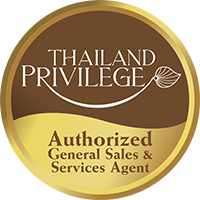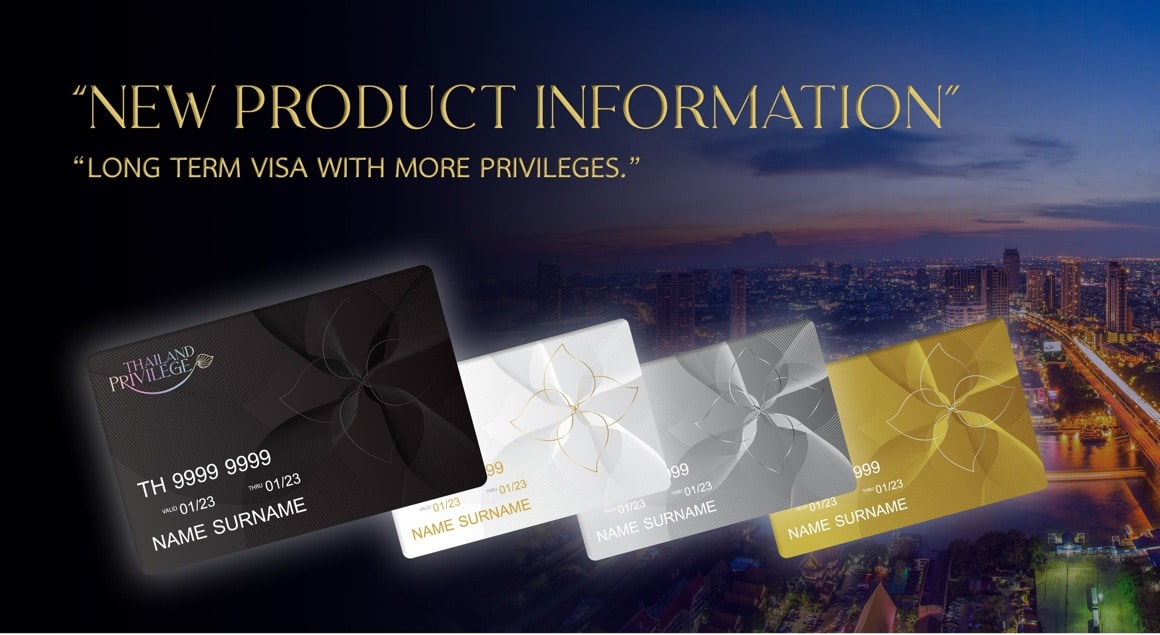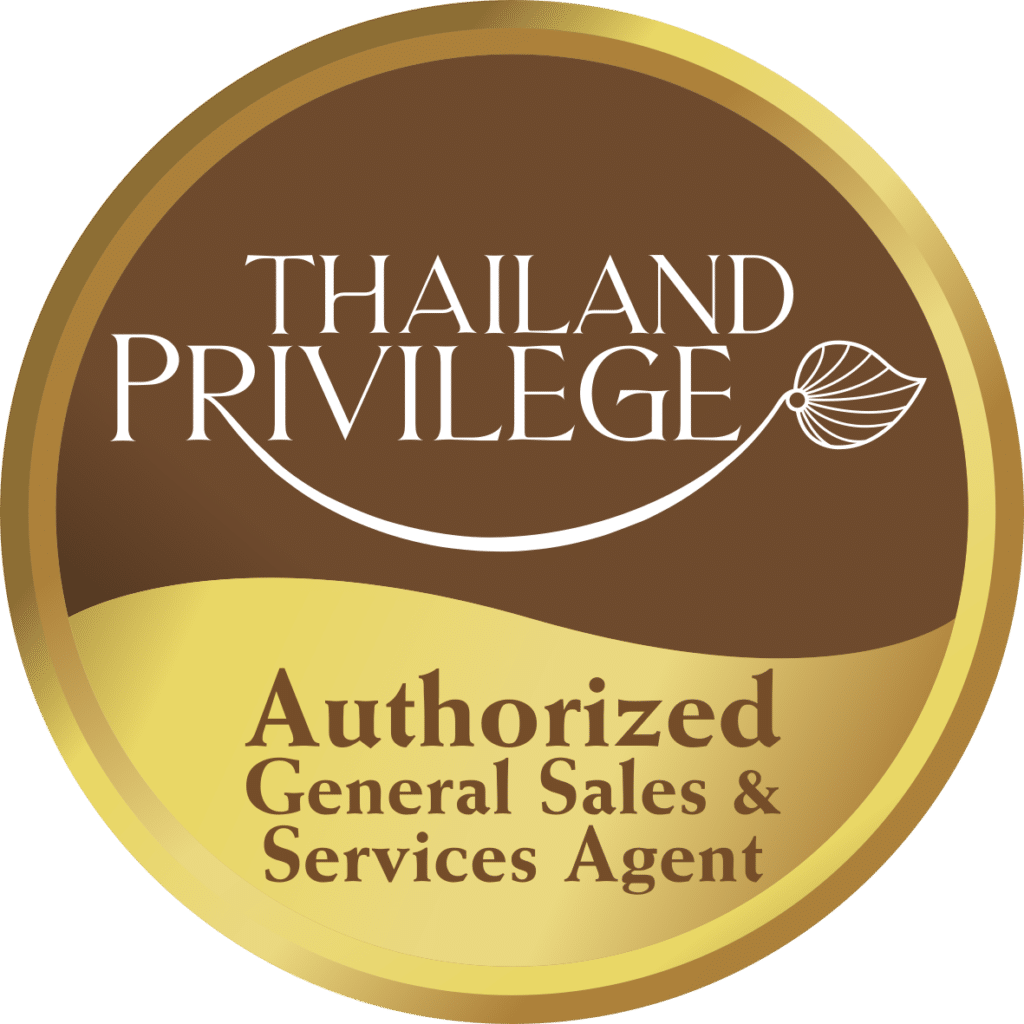Thailand’s allure as a long-stay destination is undeniable. To cater to a growing number of expatriates, retirees, and professionals, the Kingdom offers several premium long-stay options. Two of the most prominent are the Thailand Privilege Card and the Long-Term Resident (LTR) Visa. While both offer a pathway to a longer, more comfortable life in Thailand, they are fundamentally different programs designed for different types of individuals.
This comprehensive visa comparison will break down the key differences between the Thailand Privilege and LTR programs. We’ll explore the costs, eligibility requirements, benefits, and overall flexibility of each to help you determine the best route to securing your future in the Land of Smiles.
Understanding the Core Difference: Lifestyle vs. Investment
The easiest way to understand the Thailand Privilege vs LTR debate is to see them through two lenses. The Thailand Privilege program is a lifestyle and convenience-based membership, offering a VIP experience and ease of living. The LTR Visa, on the other hand, is an economic-focused program designed to attract high-potential individuals who contribute directly to the Thai economy.
What is the Thailand Privilege Card?
Formerly known as the Thailand Elite Visa, the Thailand Privilege Card is a long-term tourist visa granted through a paid membership program. It prioritizes luxury, convenience, and a hassle-free experience for its members, offering validity from 5 to 20+ years. It’s essentially a VIP club that comes with a long-stay visa.
What is the Long-Term Resident (LTR) Visa?
Launched by the Thailand Board of Investment (BOI), the LTR Visa is a 10-year renewable visa aimed at attracting specific categories of foreigners. These include wealthy global citizens, affluent pensioners, remote-working professionals, and highly skilled experts. It comes with significant tax benefits and the right to work in the Kingdom.
Eligibility Requirements: A Detailed Visa Comparison
This is where the two programs diverge most significantly. One requires a membership fee, while the other demands proof of financial or professional status.
Who Qualifies for Thailand Privilege?
The barrier to entry for Thailand Privilege is purely financial in the form of a one-time membership fee. The requirements are straightforward:
- Be a foreign national with a valid passport.
- Have no overstay record in Thailand.
- Pass a criminal background check.
- Not be a citizen of a sanctioned country.
There are no age, income, or investment requirements, making it a highly accessible option for those who can afford the fee.
Who Qualifies for the LTR Visa?
The LTR Visa has strict and specific criteria for its four categories. Applicants must provide extensive documentation to prove they meet these high financial thresholds.
LTR Visa Categories:
- Wealthy Global Citizen: Must have at least $1 million USD in assets and a personal income of at least $80,000 USD/year for the past two years.
- Wealthy Pensioner: Must be 50 years or older with a personal income of at least $80,000 USD/year.
- Work-From-Thailand Professional (Digital Nomad): Must have a personal income of at least $80,000 USD/year for the past two years and be employed by an established overseas company.
- Highly-Skilled Professional: Must work in a targeted industry in Thailand and have a personal income of at least $80,000 USD/year for the past two years.
Cost Breakdown: Membership Fee vs. Application Fee
The financial outlay for each visa is structured very differently, which will be a major factor in your decision.
The Cost of Thailand Privilege Membership
The program operates on a tiered membership model. The cost is a one-time, non-refundable fee paid directly to the government-owned operating body.
- Gold Membership (5 years): 900,000 THB
- Platinum Membership (10 years): 1,500,000 THB (for one person) or 2,500,000 THB (for a family)
- Diamond Membership (15 years): 2,500,000 THB (for one person) or 4,000,000 THB (for a family)
- Reserve Membership (20+ years): 5,000,000 THB (by invitation only)
The Cost of the LTR Visa
The LTR visa has a much lower government application fee, but the real “cost” is meeting the high income and asset requirements. The official application fee is 50,000 THB per person for a 10-year visa.
Core Benefits: VIP Services vs. Work and Tax Perks
While both visas grant the right to a long, uninterrupted stay, their associated benefits cater to very different needs.
Key Benefits of the Thailand Privilege Card
The program is built around providing a seamless, VIP lifestyle. Key perks include:
- VIP Airport Services: Fast-track immigration and personal assistance upon arrival and departure.
- Hassle-Free Admin: A dedicated team handles your 90-day reporting and other immigration paperwork.
- Long-Term Visa: 5-year multiple-entry visa, renewable based on membership length.
- Member Services: A 24/7 member contact center for assistance.
- Exclusive Perks: Discounts and special access to spas, golf courses, restaurants, and hospitals.
Key Benefits of the LTR Visa
The LTR program focuses on financial and professional advantages, making it a true Thailand residency pathway for those who qualify.
- Right to Work: A digital work permit is included, a major advantage over other visas.
- Favorable Tax Rate: A flat 17% personal income tax rate for highly-skilled professionals on income earned in Thailand.
- Tax Exemption: Exemption from Thai tax on overseas income.
- 10-Year Visa: A 10-year renewable visa for the holder and their dependents (spouse and up to four children under 20).
- Simplified Reporting: Reporting to immigration is extended to once a year instead of every 90 days.
Comparison at a Glance: Thailand Privilege vs LTR
| Feature | Thailand Privilege Card | Long-Term Resident (LTR) Visa |
| Visa Type | Long-stay Tourist Visa | Long-stay Resident Visa |
| Validity | 5, 10, 15, or 20+ years | 10 years (renewable) |
| Primary Requirement | One-time membership fee | High income / assets |
| Cost | 900,000 – 5,000,000 THB | 50,000 THB application fee |
| Work Permit | No | Yes (Digital Work Permit) |
| Tax Benefits | No | Yes (17% flat tax / overseas income exemption) |
| 90-Day Reporting | Handled by staff | Extended to 1-year reporting |
| Main Advantage | VIP services & ultimate convenience | Right to work & significant tax advantages |
Which Thai Long-Term Visa is Your Perfect Match?
Choosing between these two excellent programs comes down to your personal and professional profile.
You should choose the Thailand Privilege Card if:
- Your priority is convenience and a hassle-free lifestyle.
- You do not need to work for a Thai company.
- You do not meet the high income or asset requirements of the LTR visa.
- You are a frequent traveler who values VIP airport services.
You should choose the LTR Visa if:
- You meet the stringent income and asset requirements.
- You plan to work in Thailand or remotely for a foreign company.
- The significant tax benefits on local or foreign income are attractive to you.
- You are seeking a visa that is closer to a formal Thailand residency program for you and your family.
Frequently Asked Questions
Can I work in Thailand with the Thailand Privilege Card?
No, the Thailand Privilege Card is fundamentally a long-term tourist visa and does not grant the right to work or obtain a work permit in Thailand. It is designed for individuals who are independently wealthy, retired, or work remotely for companies outside of Thailand, provided their activities do not constitute “work” under Thai law. If you need to be legally employed by a company in Thailand, the LTR visa or a Non-Immigrant ‘B’ (Business) visa is required.
Is the LTR visa a path to permanent residency or citizenship?
While the LTR visa is the closest option to a formal residency program and offers a 10-year stay, it does not automatically lead to Permanent Residency (PR) or Thai citizenship. Holders of the LTR visa, like holders of other long-term non-immigrant visas, can apply for PR after meeting specific criteria, which typically includes holding a Thai visa for at least three consecutive years and meeting income or investment requirements at the time of the PR application.
Can I bring my family with either visa?
Yes, both programs have provisions for families, but they work differently. The LTR visa allows the main applicant to include a legal spouse and up to four children under 20 years of age as dependents under the same visa. The Thailand Privilege program offers family membership packages (Platinum and Diamond) where a primary applicant can add family members for an additional fee.
What happens if my income drops below the LTR visa requirement?
The LTR visa is subject to periodic reviews to ensure holders continue to meet the eligibility criteria. If your income or assets fall below the required threshold, your visa could be revoked. This is a key difference from the Thailand Privilege card, where your long-term stay is secured for the entire membership duration after the one-time payment, regardless of future changes in your financial situation.
Which visa is easier to apply for?
The Thailand Privilege visa has a much simpler and more straightforward application process. The primary requirements are financial (the membership fee) and a clean background check. The LTR visa application is far more complex, requiring extensive documentation to prove income, assets, investments, or employment, which is then heavily scrutinized by the Board of Investment. For ease and speed of application, Thailand Privilege is the clear winner.
If you want to visit these places regularly, apply thailand privilege visa on thailandelite.net.


